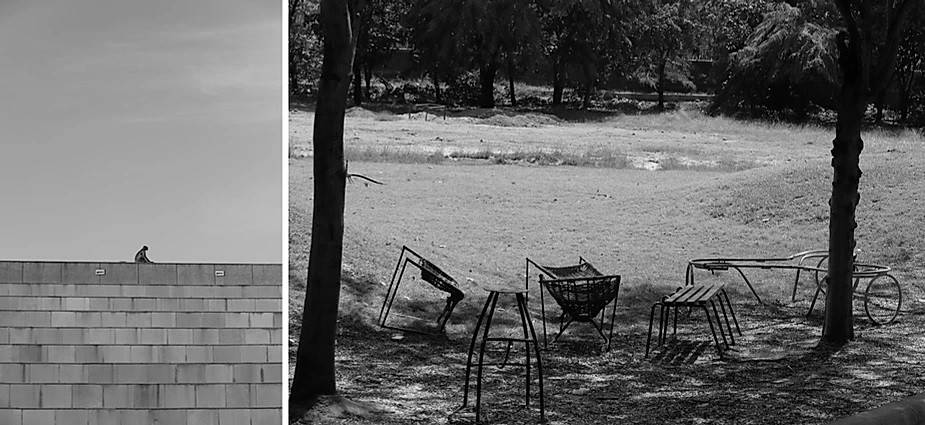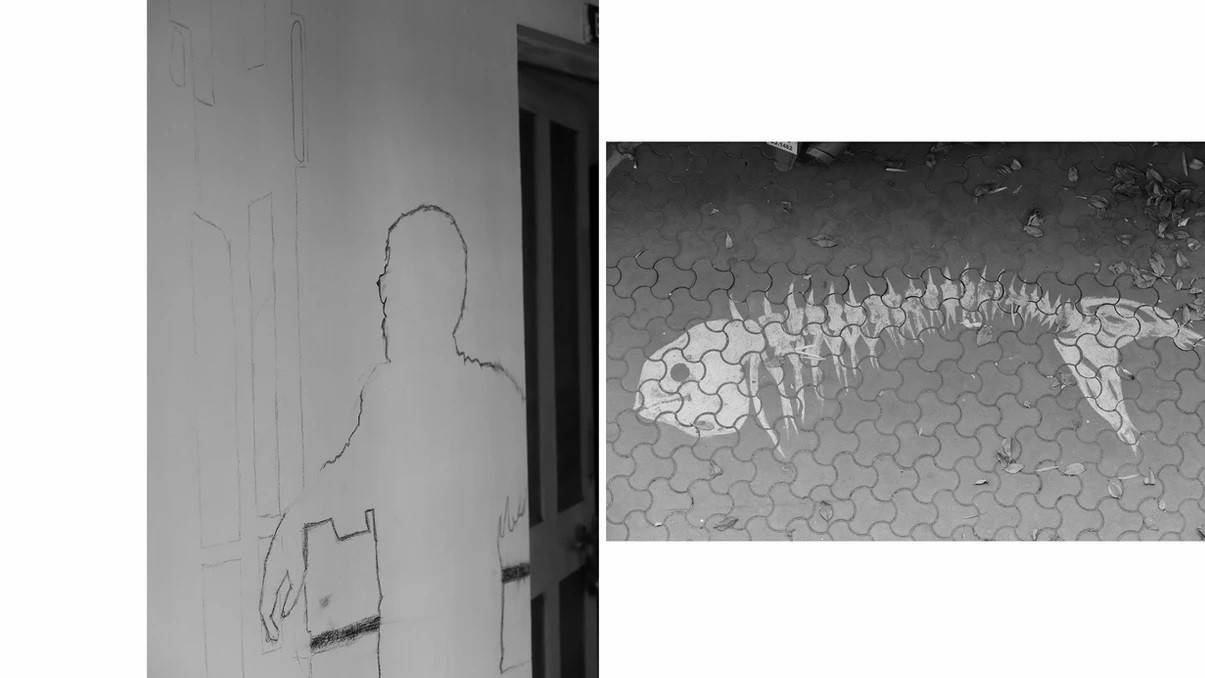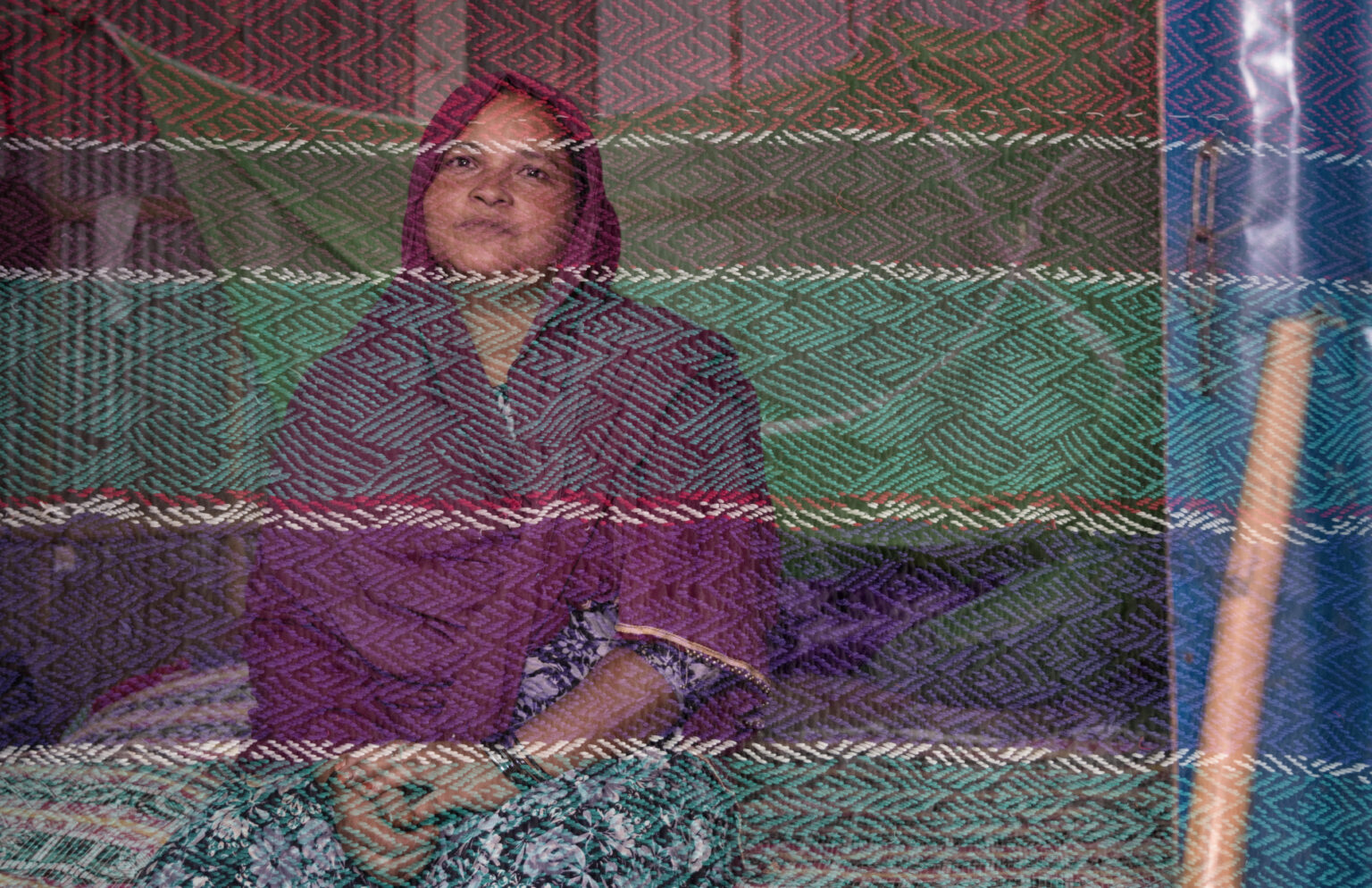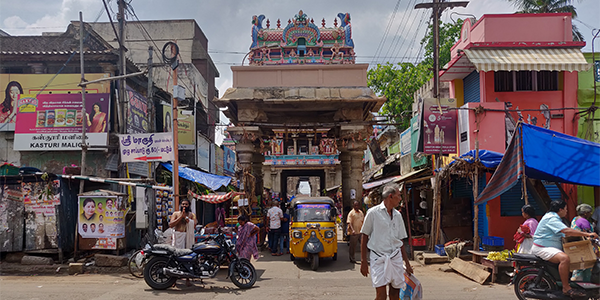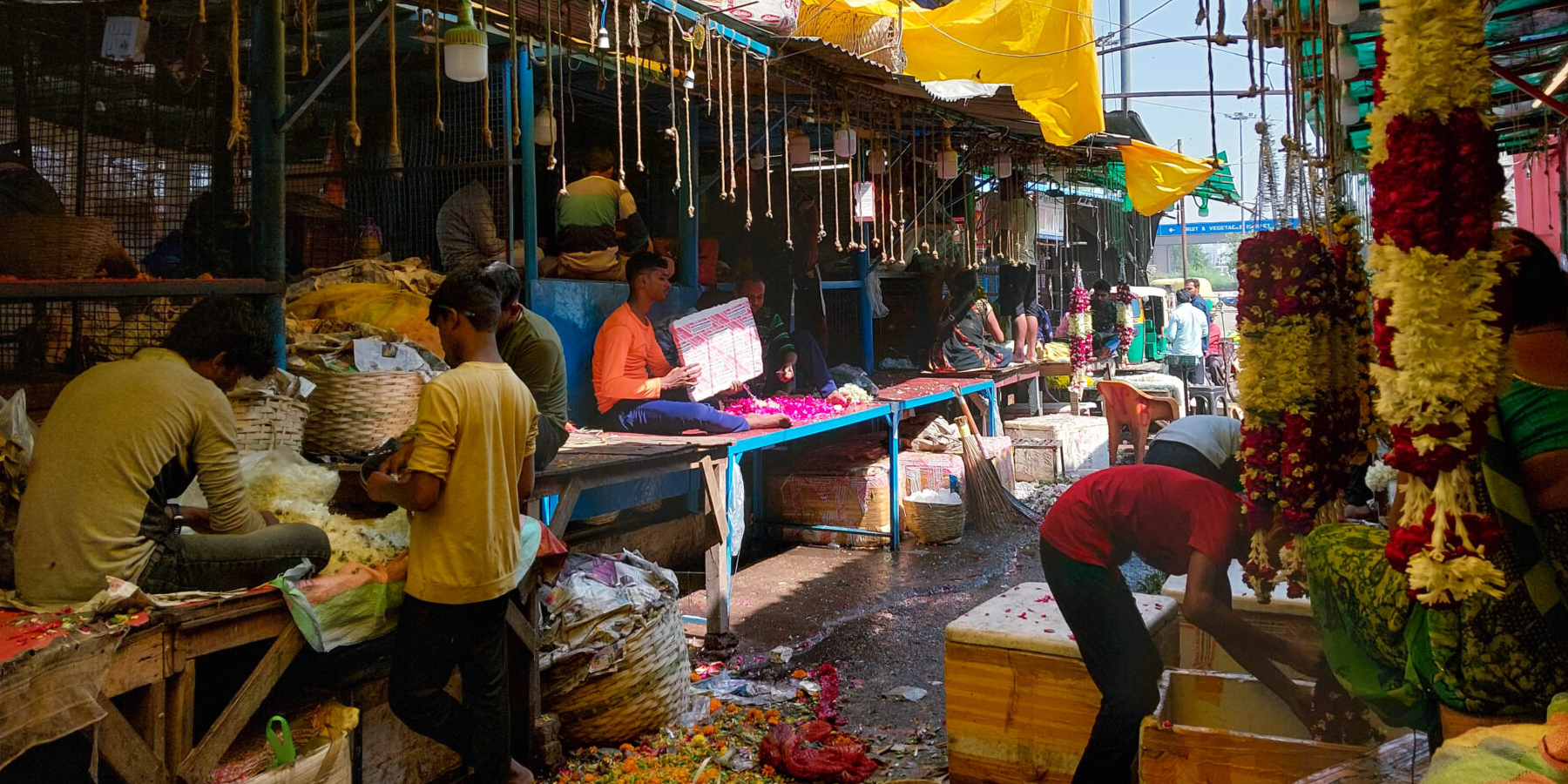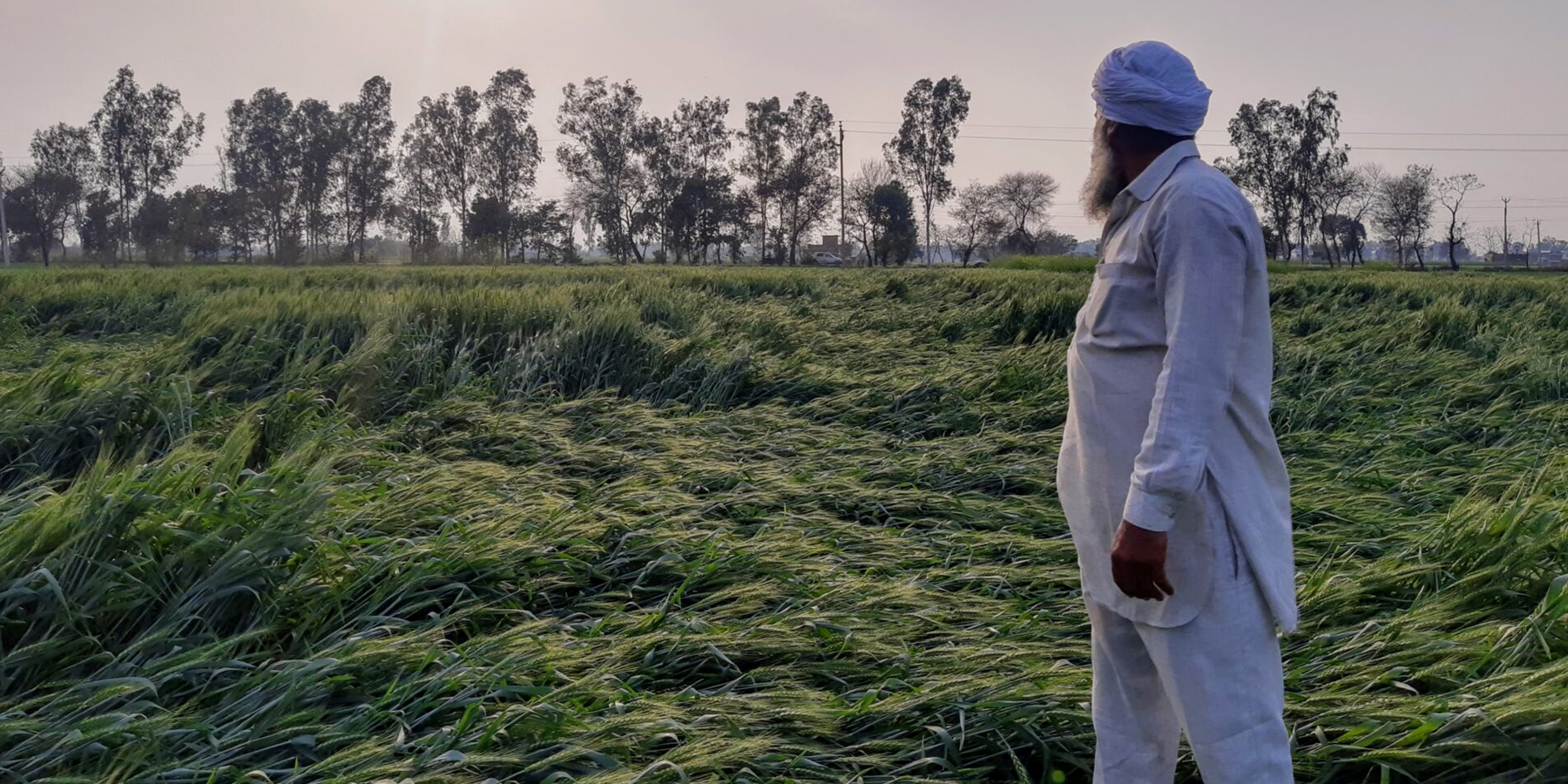With the enforcement of the ongoing lockdown, the corridors of schools, colleges and universities are unusually silent. Amidst the looming pandemic, a curtain of uncertainty surrounds the reopening of educational institutes, with delayed examinations and digitised classes, changes that are gripping students worldwide.
On 15th March 2020, the students of National Institute of Design (NID) received an email from the college administration about the suspension of all academic activities for at least two weeks. On 16th March, till about midnight, the campus seemed lively and wide awake as usual. However, no one had anticipated that this two-week suspension of classes would be followed with nationwide lockdown for months to come. Consequently, assuming that classes would resume after two weeks, some of the students decided to stay back. However, the next morning, we received another email from the administration directing students to vacate the college campus in the next 48 hours.
On 17th March, most of the students left the campus, rather hurriedly. At the airport, I felt an unsettling sense of change – people were maintaining distance from passengers and tourists, especially those from Europe and America. Moreover, I felt a curious, and yet a suspicious gaze being directed towards the inanimate airline tags on my luggage, intended to check my point of departure and destination.
On 24th March, the Government of India announced a 21-day nationwide lockdown, which has since been extended. We thought we were leaving our campus for only two weeks. We left many things behind. But the spaces where we spent most of our time were now going to be empty for a long time. The traces of our regular life on campus seemed to be getting scattered. The canteen still seems to be carrying our silhouettes like cave paintings. Things are changing, and some say this change will last a long time. Catchwords like social distancing and online classes will be the new normal. Will our small world at the campus ever be the same again?
